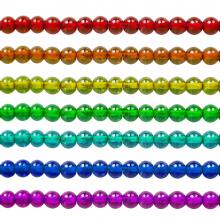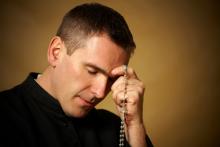celibate

A few decades ago, there were two options for people who wanted to follow Jesus but were attracted to the same gender: They could either throw off religion and embrace their sexuality, or they could remain in the faith and hide their sexual orientations. Today, there are other options. Some — like Matthew Vines and David Gushee — are attempting to make a biblical case for same-sex relationships. Others — such as Julie Rodgers and Wesley Hill — are leading a movement of celibate gay Christians.
Among the second group, Eve Tushnet has risen to prominence. She has a popular blog hosted by the Patheos Catholic Channel and has created a stir with her book Gay and Catholic: Accepting My Sexuality, Finding Community, Living My Faith. We asked her why it is important to her to self-identify as a lesbian and whether she’s missing something about the uniqueness and importance of erotic intimacy.

CANTERBURY, England — The Church of England on Jan. 4 confirmed that it has dropped its prohibition on gay clergy in civil partnerships becoming bishops — but only if they agree to remain celibate.
Speaking on behalf of the Church’s House of Bishops, Bishop of Norwich Graham Jones said in a statement: “The House of Bishops has confirmed that clergy in civil partnerships, and living in accordance with the teaching of the Church on human sexuality, can be considered as candidates for the episcopate. There had been a moratorium on such candidates for the past year and a half while the working party completed its task.”
Jones added that the bishops agreed it would be “unjust” to exclude gay men from becoming bishops if they were otherwise “seeking to live fully in conformity with the Church’s teaching on sexual ethics or other areas of personal life and discipline.”